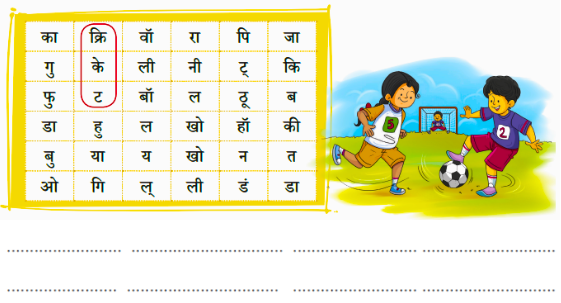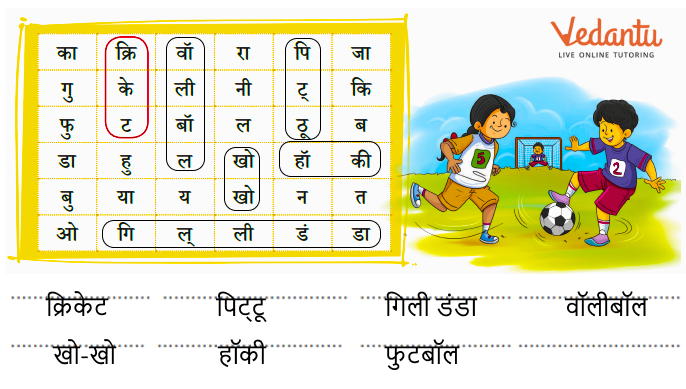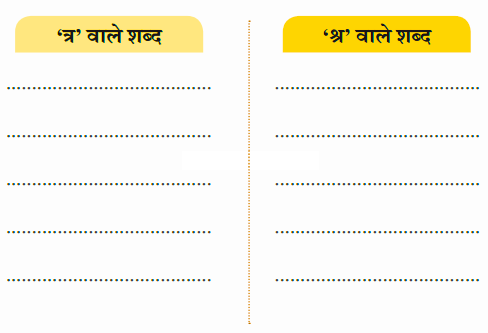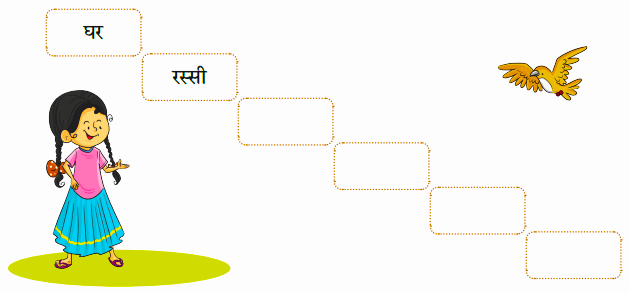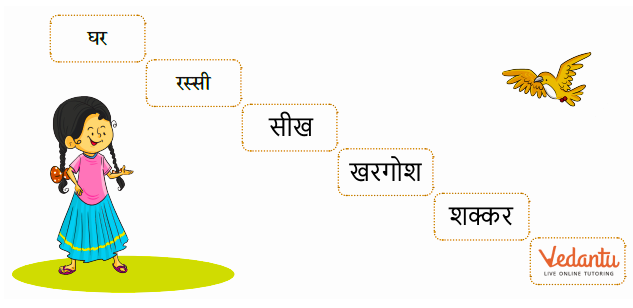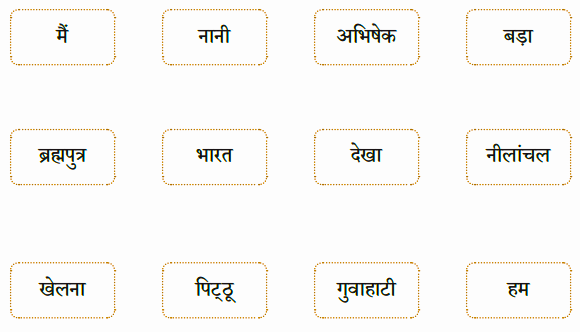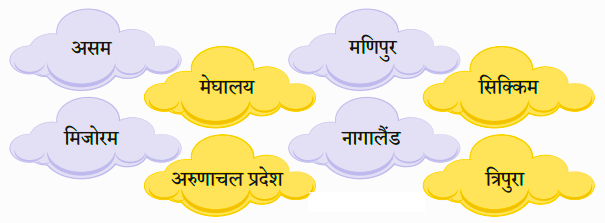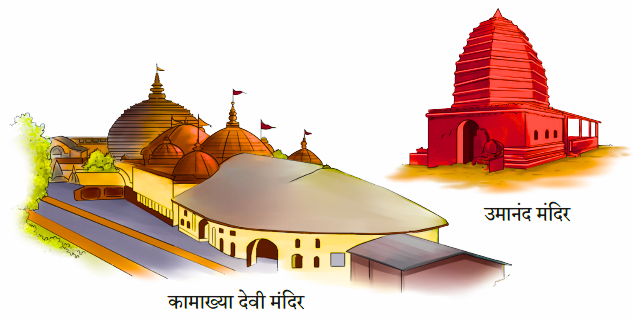Mitra Ko Patra Questions and Answers - Free PDF Download
FAQs on NCERT Solutions For Class 3 Hindi Veena Chapter 7 Mitra Ko Patra - 2025-26
1. What is the main theme of Chapter 7 Mitra Ko Patra of Hindi Class 3?
The washerman of the village was worried and upset because his donkey had been missing since morning. His wife suggested that he visit the village, Pandit Ji, for help. To find his donkey, the washerman picks a stout stick and leaves for Pandit Ji's house. The Pandit Ji was annoyed with the continuous rain that had ruined his daily chores. When he heard about the washerman's missing donkey, he became very annoyed and told the washerman to search for the donkey near the pitcher.
2. Hindi Class 3 Chapter 7 Who does Rupa write to in her letter?
Rupa writes to her friend Abhishek.
3. What places does Rupa visit during her vacation in Guwahati?
Rupa visits the Brahmaputra River, Majuli Island, and the Kamakhya temple.
4. What cultural experience does Rupa share in her letter of Chapter 7 Class 3?
Rupa shares her experience of watching the Sattriya dance, a classical dance form of Assam.
5. What advice does Rupa's grandmother give her about the health of Class 3 Hindi?
Rupa's grandmother emphasizes the importance of playing sports for maintaining good health.
6. In Class 3 Chapter 7 of Hindi What types of games does Rupa mention playing with her friends?
Rupa mentions playing games like kho-kho, pitthu, cricket, and football.
7. How does Rupa feel about her experiences in Guwahati?
In Class 3 Chapter 7 Hindi Rupa expresses happiness and excitement about her vacation experiences in Guwahati.
8. What does the chapter 7 of Class 3 teach about balancing studies and play?
The chapter teaches that a healthy body leads to a healthy mind and that both studies and play are essential.
9. Is there a specific reason Rupa mentions the Brahmaputra River?
Rupa mentions the Brahmaputra River to highlight its beauty and the cultural significance of the region as discussed in Class 3 Chapter 7 Hindi.
10. Where can I find NCERT Solutions for Class 3 Hindi Chapter 7 Mitra Ko Patra?
NCERT Solutions for Class 3 Hindi Chapter 7 can be found in the resources provided on the Vedantu website, offering detailed explanations and practice exercises.

















